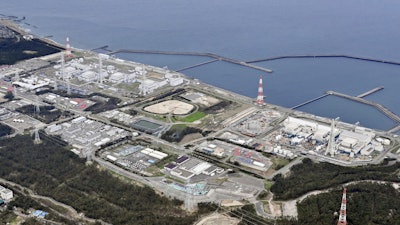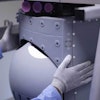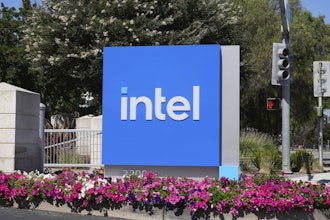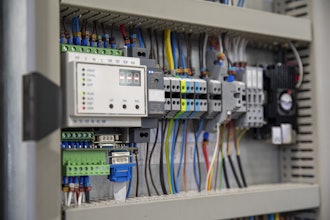
TOKYO (AP) — The operator of the tsunami-wrecked Fukushima Daiichi nuclear power plant said on Monday that it has obtained permission from safety regulators to start loading atomic fuel into a reactor at its only operable plant in north-central Japan, which it is keen to restart for the first time since the 2011 disaster.
Tokyo Electric Power Company Holdings, or TEPCO, said that it obtained the Nuclear Regulation Authority's approval to load nuclear fuel into the No. 7 reactor at its Kashiwazaki-Kariwa nuclear power plant in Niigata and it was to start the process later Monday. The loading of the 872 sets of fuel assemblies is expected to take a few weeks.
The Kashiwazaki-Kariwa plant, which is the world's biggest, has been offline since 2012 as part of nationwide reactor shutdowns in response to the March 2011 triple meltdowns at the Fukushima Daiichi plant.
Reactors 6 and 7 at Kashiwazaki-Kariwa had cleared safety tests in 2017, but their restart preparations were suspended after a series of safeguarding problems were found in 2021. The Nuclear Regulation Authority lifted an operational ban at the plant four months ago.
TEPCO, heavily burdened with the growing cost of decommissioning and compensation for residents affected by the Fukushima disaster, has been anxious to resume its only workable nuclear plant to improve its business. TEPCO is also struggling to regain public trust in safely running a nuclear power plant.
Prime Minister Kishida Fumio's government has reversed earlier plans for a nuclear phaseout and is accelerating the use of nuclear power in response to rising fuel costs related to Russia's full-scale invasion of Ukraine and pressure to meet decarbonization goals.
During his visit to Japan in March, the head of the International Atomic Energy Agency chief, Rafael Mariano Grossi, expressed his agency's support for increasing Japan's nuclear power capacity as the country looks to it as a stable, clean source of power.
IAEA has since also sent a team of experts to the Kashiwazaki-Kariwa plant to provide technical assistance.
TEPCO in a statement said it will ensure safety as the plant starts back up. "We will steadily put forward each step, and we will stop when we find issues and take necessary measures."
The restart, however, remains uncertain because it is subject to the local community's consent. A Jan. 1 earthquake in the nearby Noto region rekindled safety concerns.
Niigata Gov. Hideyo Hanazumi has yet to make clear whether he will agree to restart No. 7 reactor. Citing extensive road damage caused by the Noto quake, Hanazumi raised questions about the current evacuation plans in communities near the plant and called for extensive debate on safety measures.






















